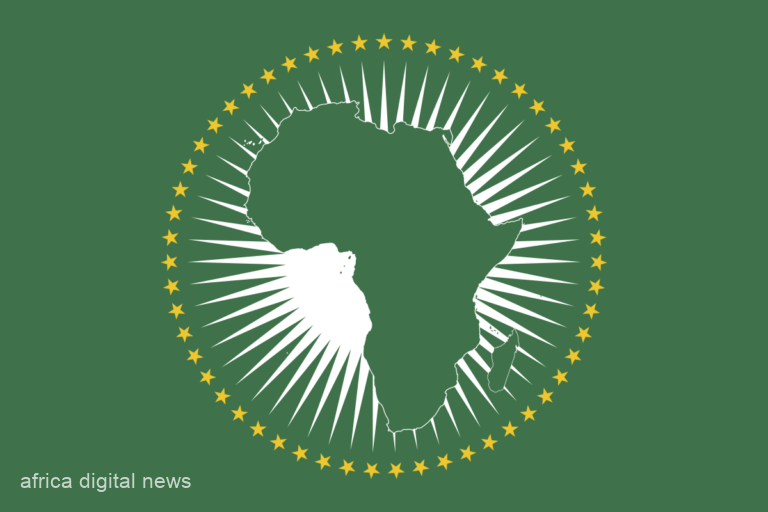Africa as a continent is not new to migration, but the situation surrounding migration within the continent never improves even after many years have passed. The International Organisation for Migration details that a ring network of traffickers and smugglers continues to facilitate irregular and illegal migration from Eastern Africa to the South of the continent.
These smugglers have unrefined and risky methods of transporting these migrants in order to avoid getting found out by the authorities. The methods are so dangerous that many migrants lose their lives in the process and never reach their proposed destination.
Africans migrate for so many reasons. Top of the list is the desire for better employment chances, a more developed society, and better socio-economic conditions. They want to escape the conflict, violence, political instability, and poverty that attempt to choke the life out of them.
The most common migration on the African continent is Labour migration, and sadly, the lowest skilled workers are the ones seeking to move within the continent even though the African nations they aim to move to neither welcome them nor make provision for their visas. In the end, they live as desperate, illegal migrants; that is if they make it into these countries alive and don’t die at sea or in a desert somewhere with nobody to identify them.
Not too long ago, a large number of illegal migrants were arrested in Kenya in what could be described as a sad turn of events for the migrants, but could actually be their miracle. The journey ahead of them would most likely have ended badly, and the better opportunities they sought might have never come through if they had continued on the dangerous journey to their destination.
The tales of illegal migrants who have died on their way to ‘freedom’ keep rolling in, and many remain untold, but the migrants continue to risk their lives. In two years, between 2020 and 2022, the bodies of over 100 undocumented migrants from Ethiopia were found by authorities across Malawi, Mozambique, and Zambia, and they are said to have died of either suffocation or hunger on their way to South Africa.
Many of these people who have died will be missed by their family members forever, as they will most likely not be reported dead by their smugglers, and their families will live with the uncertainty of whether they are dead or alive for as long as they live. Even for others who hear the news, it is all pain and regret.
Read Also: Does Paul Biya Want A Centenary Celebration As Leader?
What is it like in these nations they are struggling to reach? Is the grass really greener like they say? Sadly, not.
In South Africa, nobody is waiting, arms opened to welcome these ones. In fact, the anti-migrant organisation called Operation Dudula is stopping at nothing to make the country hell on earth for undocumented African migrants.
The organisation has made it almost impossible for undocumented migrants healthcare in central Johannesburg. They are also working to prevent undocumented children from attending government schools in Diepsloot, a settlement with large numbers of migrants.
On an economic level, Operation Dudula is also targeting migrants who own and operate small businesses and informal shops in towns and urban centres areas, demanding that they shut their shops and return home.
The citizens, agencies, and organisations aren’t allowing migrants in South Africa a breather as they come at them from every angle; sometimes with physical violence and hostility that have led to injuries and even deaths. Tales of xenophobic attacks in South Africa have become quite common, with little or no triggers many times.
Any right-thinking person would wonder why such terrible acts continue in spite of the calls by leaders of thoughts and politicians in Africa that the continent is a home for all Africans, with no African treated like a stranger or foreigner in another African country.
One of South Africa’s most famous leaders, Julius Malema, who led South Africa’s Economic Freedom Fighters party made a resounding call on the countries on the continent to collapse their colonial borders and allow Africans to move freely within neighbouring nations.
Kenyan Public Intellectual, PLO Lumumba also demanded that no African country declares any African persona non grata in the spirit of African unity. But where is that spirit? If it ever existed, it is long quenched now.
Despite the calls and campaigns for a borderless Africa, the restrictions are becoming stricter and the treatment of migrants is becoming worse by the day.
When the African Union Assembly adopted the Protocol to the Treaty to establish the free movement of people within the African Economic Community as well as the rights of residence and establishment in January 2018, we thought the continent had finally become ready to rid itself of its discriminatory borders.
Finally, Africans would have been able to live and work in any African country without a work permit. People would no longer have to sneak in at the risk of their lives, and face death, and discrimination in their destination countries.
Much to the disappointment of many, only 32 countries out of 55 signed the protocols, and a meagre four countries ratified it. These countries are Niger, Rwanda, Mali, São Tomé, and Principe.
Many African governments continue to resist and battle against the crumbling of the walls that restrict free movement across the continent, even though their efforts haven’t made anything better for their countries and the entire continent.
Instead of struggling to prevent and resist irregular migration, African leaders need to understand and appreciate the benefits of migration and create a smoother system that will benefit not only the migrants but the countries they migrate to, both economically, politically, and socially.
It is time for Africa to stop seeing the rest of Africa as the enemy that needs to be locked out, and as the ally to build and develop the continent.










